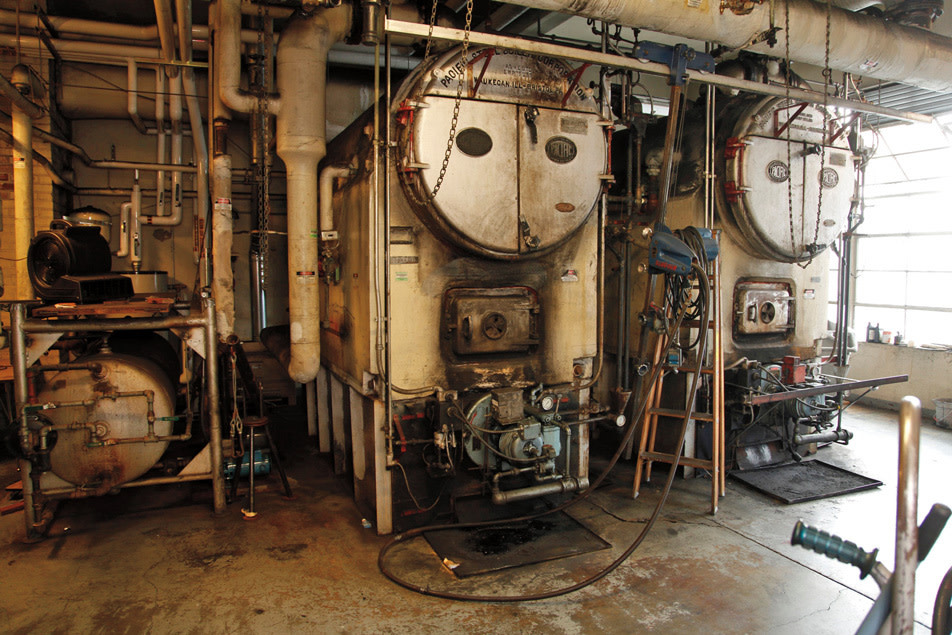Boiling Point

STEPPING FROM Markham Elementary custodian Greg Meyers’s office into the Southwest Portland school’s boiler room is like diving into a Dickens novel. On a spring day, one of the soot-stained steel chambers warms the building’s 375 students while the other gets its weekly cleaning. A peek through a slit reveals a powerful blaze of fuel oil. The 61-year-old equipment’s only fail-safe is a thin string attached to a spring-loaded switch. Out-of-control flames would burn the string, trigger the switch, and shut down the system—a standard safety protocol, circa the Truman administration, which nonetheless seems a little alarming to a 2011 visitor.
This month, Portland Public Schools seek voters’ verdict on a $548 million bond—the biggest in Oregon history, it would add $25 a month to the average homeowner’s property tax bill—to finance repair and renovation of 85 district buildings. The bond would fund a broad agenda, including studs-up rebuilds of nine schools. To bond supporters, aged equipment like the Markham boilers makes the case for a Yes vote as well as anything. “These boilers are emblematic of two major problems,” says Ben Unger of the independent pro-bond campaign, “age and fire safety.”
If the bond passes, about half of PPS’s schools, including Markham, would update to natural gas heat, at a total cost of around $8 million. This would affect Meyers’s job significantly; the custodian spends about eight hours a week maintaining the current beasts. If a part breaks, steamfitters must custom-fabricate a replacement. If both boilers go down, school closes.
“For how old they are, they run pretty well,” Meyers says, “but dependable doesn’t mean efficient. You never take a promotion in this district until you see what kind of boiler the school has.”



